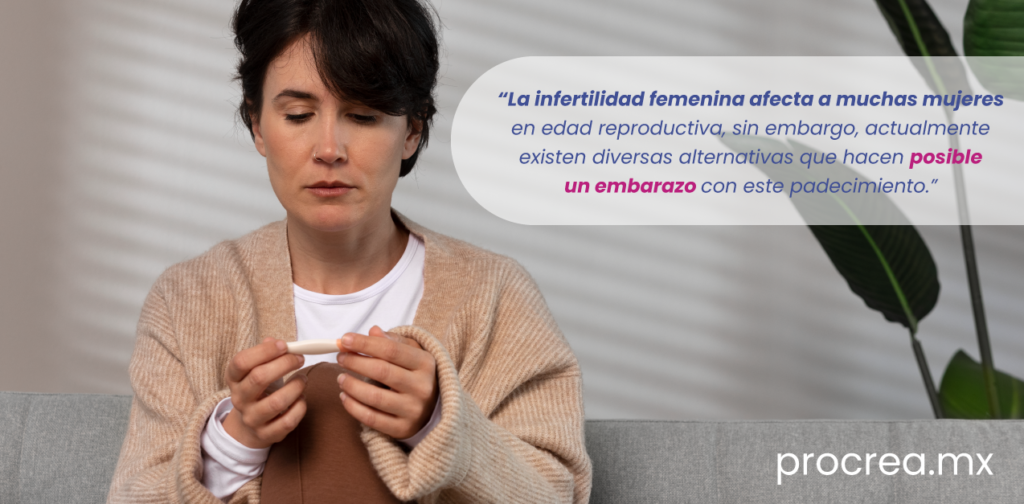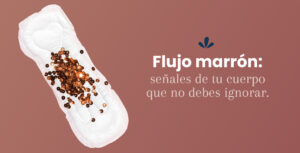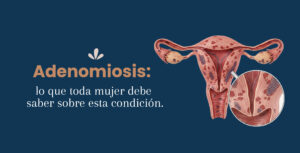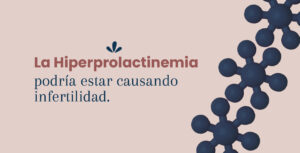The Female infertility is a common issue affecting many women of reproductive age. Fortunately, there are several alternatives available today that have enabled 75% of women with infertility to successfully achieve pregnancy. If you are facing difficulties conceiving, consider the following alternatives.
Understanding Female Infertility?
It is important to distinguish between infertility and sterility. Infertile women can become pregnant but are unable to carry the pregnancy to term. In contrast, sterile women have difficulty with fertilization due to problems with their eggs. Both conditions prevent the ability to have a baby, and thus, they are treated similarly in terms of symptoms, causes, and treatments.
Age is a significant factor linked to infertility. The fertile period for women is typically from around 16 years old to approximately 35 years old. As time goes by, fertility naturally decreases, reducing the probability of pregnancy while increasing the risk of complications.
Maintaining a balanced diet, achieving a healthy weight, and adopting a healthy lifestyle can have a positive impact on fertility.
The process of achieving pregnancy involves the release of an egg, its journey through the fallopian tubes to the uterus, fertilization, and implantation for embryo development. Any disruption in this process can result in infertility.
Causes
Failure to conceive after a year of unprotected sex is a common indicator of potential infertility. However, there are numerous causes of infertility, including:
- Egg production problems
- Abnormalities in the fallopian tubes
- Uterine malformations
- Psychological or genetic factors
- Untreated sexually transmitted diseases (STDs)
- Excessive consumption of harmful substances
- Polycystic ovary syndrome
- Endometriosis
Symptoms
Symptoms of Female infertility Common symptoms of female infertility include severe cramping, heavy or irregular bleeding, intense and prolonged pain during intercourse, irregular menstrual cycles, or hormonal imbalances.
Algunos de los síntomas más comunes son cólicos extremos, sangrado excesivo, dolor intenso y prolongado durante el coito, períodos irregulares o desequilibrios hormonales.
Options for Achieving Pregnancy
The treatment for female infertility depends on the underlying cause and other factors such as age. Personalized attention and care are essential in determining the most suitable approach. Common fertility tests include hysterosalpingography and laparoscopy.
Assisted reproduction techniques offer various alternatives, including:
If you are interested in exploring any of these alternatives, we are here to support you. We understand that embarking on a journey to identify infertility or its causes can be physically and emotionally challenging. Our team of certified specialists is dedicated to providing personalized attention and guidance throughout the process.















